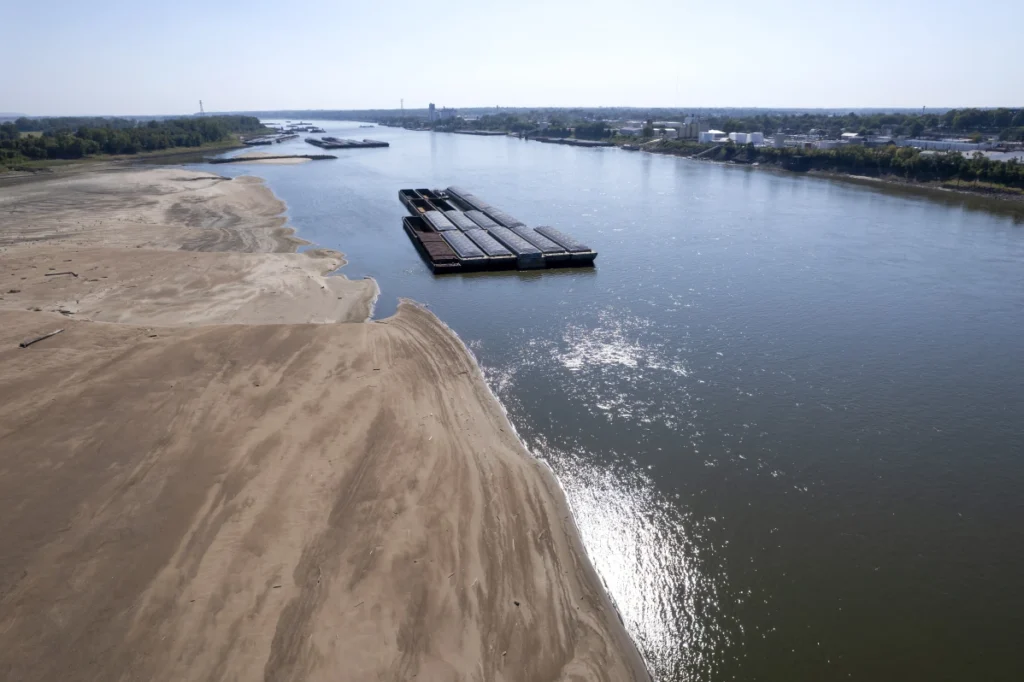By : Lloyd Mahachi
The United Nations weather agency has sounded a dire alarm, reporting that 2023 was the driest year for the world’s rivers in over three decades. This disturbing trend is linked to record-breaking temperatures, which have led to dwindling water flows and prolonged droughts in various regions, affecting millions of people worldwide. The severity of this crisis is compounded by the fact that rivers are the primary source of freshwater for human consumption, agriculture, and industry.
The World Meteorological Organization warns that glaciers feeding rivers globally have lost mass at an unprecedented rate over the past five decades. This alarming ice melt threatens long-term water security for millions worldwide, exacerbating existing water scarcity issues and compromising the health of aquatic ecosystems. “Water is the canary in the coalmine of climate change,” emphasizes WMO Secretary-General Celeste Saulo. The rapid decline of glaciers underscores the urgent need for adaptive measures to protect global water resources.
Rising temperatures have disrupted the hydrological cycle, making it increasingly unpredictable and volatile. This can produce either excessive or insufficient water through droughts and floods, devastating communities and ecosystems. The “State of Global Water Resources 2023” report provides a comprehensive overview of global water resources, highlighting the urgent need for sustainable water management practices and innovative solutions to address the challenges posed by climate change.
The consequences of this crisis are far-reaching, impacting agriculture, industry, and human consumption. Regions such as the southern United States, Central America, and South American countries like Argentina, Brazil, Peru, and Uruguay faced widespread drought conditions in 2023. The Mississippi River basin experienced record-low water levels, while half of the world faced dry river flow conditions. This has resulted in significant economic losses, food insecurity, and increased competition for scarce water resources.
To address this crisis, governments, organizations, and individuals must work together to implement effective water conservation strategies, reduce greenhouse gas emissions, and promote climate resilience. Staying informed through reputable news sources and scientific research is crucial for understanding the complexities of this issue and developing solutions. International cooperation and collective action are essential in addressing the global nature of this crisis.
Effective strategies for mitigating the effects of droughts and floods include implementing efficient irrigation systems, promoting water-saving technologies, supporting climate-resilient infrastructure, encouraging sustainable land use practices, and investing in renewable energy sources. Additionally, governments can establish policies to protect and restore natural habitats, such as wetlands and forests, which play a critical role in regulating water cycles.
By taking collective action, we can mitigate the effects of climate change on global water resources and ensure a more secure future for generations to come. This requires a fundamental shift in how we manage water resources, prioritize sustainability, and address the root causes of climate change.
Editor : Josephine Mahachi

